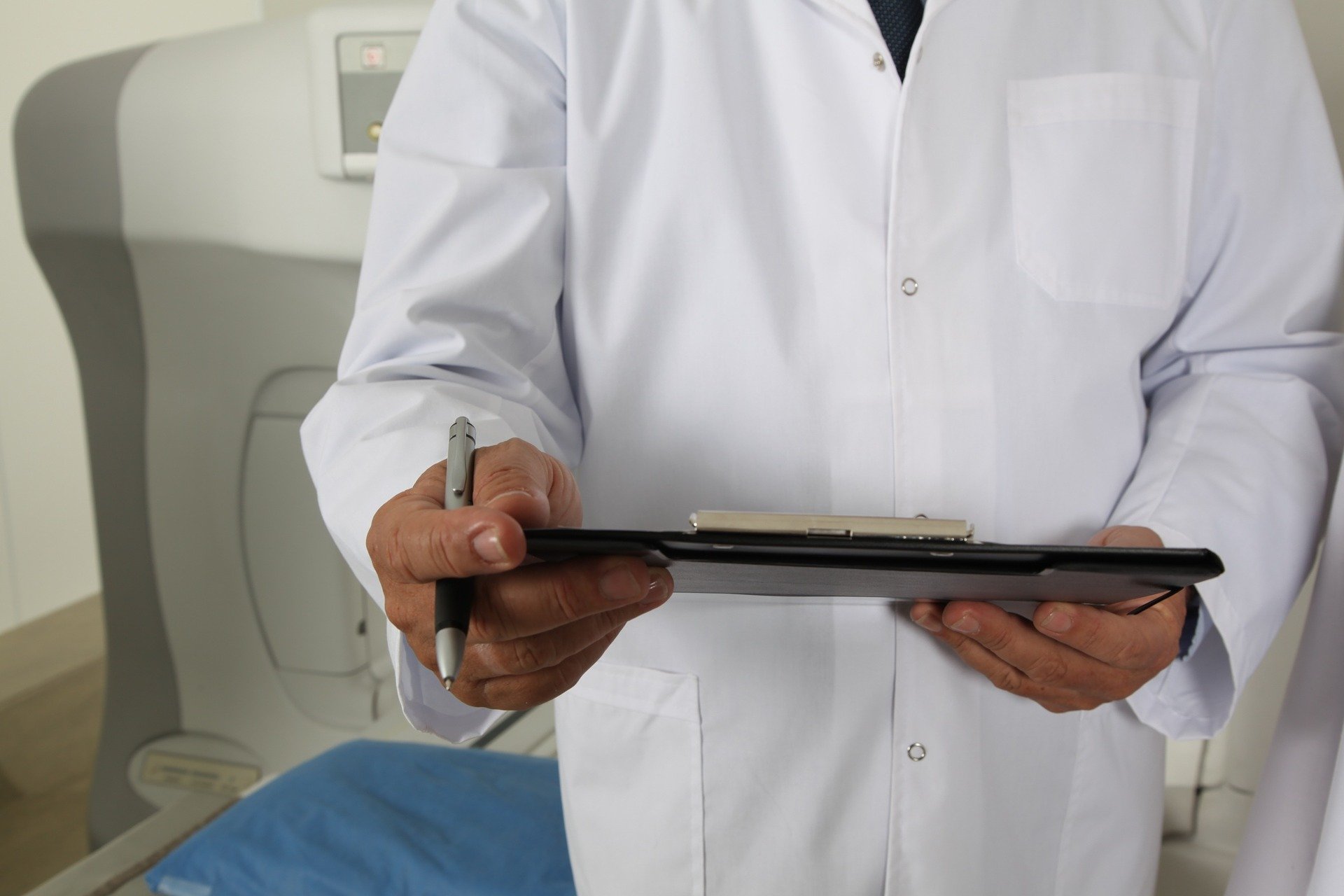Experiencing a heart attack can change your life. Along with the relief of surviving the event, it is normal to be worried about recurring problems or even another heart attack. In the efforts to handle the physical aspects of your health, we often ignore the very real emotional effects. You are likely feeling a wide range of emotions, from fear to depression. Negative emotions can derail your health, so looking at the physical and the emotional after effects is important for overall wellbeing.
There is an overwhelming amount of information out there about how to care for yourself, keep yourself healthy, and avoid another cardiac event. In this article, we are distilling some of the information so that you can confidently move forward with your life. As always, check everything you are doing with your physician.
Warning signs to be aware of: Since you’ve already had a heart attack, you’re likely more in tune with the symptoms and warning signs. Call 911 or get yourself to the emergency room immediately if you experience
discomfort in your chest, one or both arms, back, neck, or jaw; shortness of breath; cold sweats; nausea or dizziness / lightheadedness.
Support groups can help recovery: Mental health, social connections, and engagement in daily activities play a significant role in post-heart attack recovery and quality of life. If you’re recovering from a cardiac event and attempting to make lifestyle changes which are good for your heart, avoiding isolation is essential. Connections to family, friends, and support groups put people in touch with individuals in similar situations, as well as results in better health outcomes. Ask your doctor if they know of any local support groups for you to look into.
Lifestyle habit changes: Smokers should absolutely decide to quit. Tobacco causes a significant risk for heart disease and heart attack. You will also want to avoid foods known to clog the arteries, such as saturated and trans fats, high-fat dairy products, and processed foods. Fill your daily diet with fruits, vegetables, and lean proteins instead. A change of habits as they pertain to diet may also mean meal prepping, eating at restaurants less often, or filling your pantry with heart-healthy snacks. Another healthy lifestyle change is incorporating appropriate exercise (be sure to check with your doctor.) Exercise does not need to be boring – find something you love, such as swimming or dancing. 30 minutes of exercise per day can reduce your cholesterol and blood pressure, alleviate stress, and boost your energy level.
Establish a healthy weight: Carrying extra weight can be a risk for heart disease — and experiencing another heart attack. Losing weight is a process and takes commitment, but will be worth it for your health.
Be on the lookout for health markers: Monitor your cholesterol and blood pressure levels, and your BMI to maintain a healthy weight. If you have diabetes, adhere to your medication schedule and watch blood sugar levels. Maintaining numbers in a healthy range can significantly improve your heart health and minimize the risk for heart disease and a second heart event.
most people can return to most of their normal daily activities after surviving a heart attack. Check with your doctor about diet and exercise recommendations, and look into healthy habits. With vigilance and care, your life can be happy and active again.
Active adults in the Venice area looking for a community to live among friends and peers – look into A Banyan Residence. We are here to help you live your best life, while still providing you with the safety and security you need.

